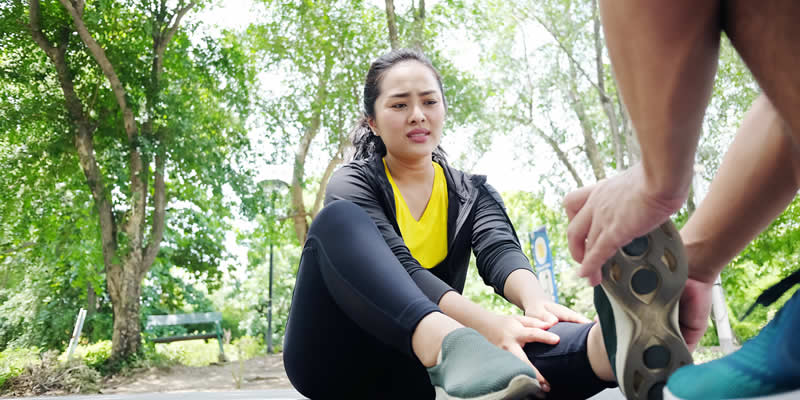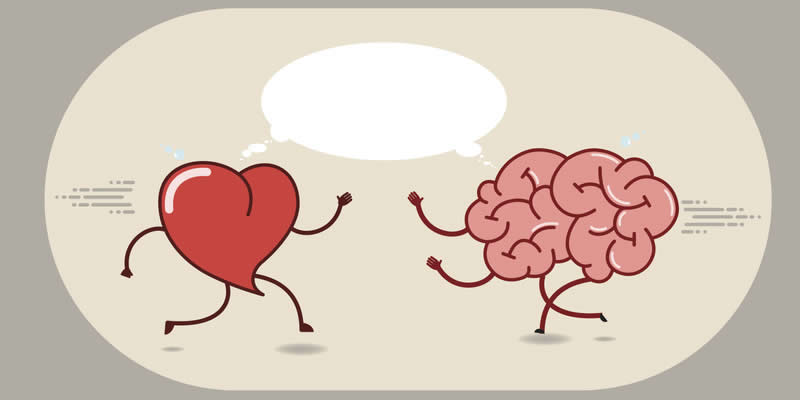Drinking electrolytes instead of water during and after exercising is the best way to prevent muscle cramps, researchers have said.
A team from the Edith Cowan University (ECU) in Australia have found that electrolyte enhanced water is far more beneficial than pure water when it comes to stamping out muscle cramping.
- Muscle cramps linked to nerve function in type 1 diabetes, but not type 2 diabetes
- 8 unusual causes of blood sugar changes
Cramping in the legs is a common complaint among people who exercise regularly as it affects around 39% of marathon runners, 52% of rugby players and 60% of cyclists.
It was because of this that Professor Ken Nosaka, a keen tennis player who also experienced a lot of cramping when he played, wanted to explore the best way to avoid them.
The researcher from the ECU’s School of Medical and Health Sciences, said: “Many people think dehydration causes muscle cramps and will drink pure water while exercising to prevent cramping.
“We found that people who solely drink plain water before and after exercise could in fact be making them more prone to cramps.
“This is likely because pure water dilutes the electrolyte concentration in our bodies and doesn’t replace what is lost during sweating.”
The study involved recruiting 10 men who were asked to run downhill on a downhill treadmill in a hot room for between 40 to 60 minutes. This allowed them to lose 1.5% to 2% of their body weight through sweat.
- Researchers prove masks are safe to wear during exercise
- Weight loss nearly halves type 2 diabetes risk
Some of them were given water to drink afterwards and some were given electrolytes and they all received an electrical stimulation on their calves to induce muscle cramp.
The researchers discovered that lower frequency of the electrical stimulation, the more likely the participant would exprience muscle cramp.
Professor Nosaka said: “We found that the electrical frequency required to induce cramp increased when people drank the electrolyte water, but decreased when they consumed plain water.
“This indicates that muscles become more prone to cramp by drinking plain water, but more immune to muscle cramp by drinking the electrolyte water.”
The findings have been published in the Journal of the International Society of Sports Nutrition.







